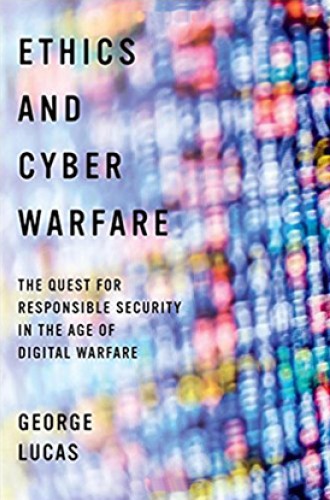The values and moral quandaries of cyber war
Ethicist George Lucas argues that new forms of warfare are "mired in epistemological crisis."
In 2010, a German computer security expert detected a cyber weapon called “Stuxnet” in systems of large industries in nations across the world. This malware was a cyber weapon that originally targeted nuclear centrifuges inside Iran’s Natanz nuclear power facility. The worm was loaded onto a thumb drive, but eventually it made its way onto computers across the world. Given the precision with which this weapon can discriminate between military targets and noncombatants and its ability to minimize collateral damage, it could be one of the most ethical weapons to date.
Should we be afraid of the implications of such technology, or should we find hope in the prospect that hyper-specific weapons technology will reduce the harm caused by warfare? George Lucas outlines the problems and potential of cyber technology, providing a useful framework for identifying stakeholders, moral tensions, and the values that arise in the context of cyber war.
Solutions to ethical issues in cyber war have immediate ramifications. For instance, cyber technology helps the government predict and neutralize internal threats to national security, but it also threatens Internet privacy. Lucas discusses the NSA Management Directive #424—a response to Edward Snowden’s security leaks—which concerns programs (e.g., XKeyscore and PRISM) that aim to prevent crime by tracking online “record events” and analyzing the resulting metadata in hopes of highlighting suspicious activity. He investigates the permissibility of such programs and the implications of this kind of monitoring for citizens’ right to privacy.





